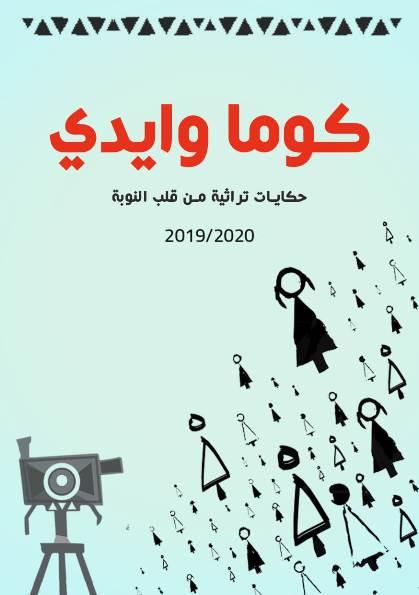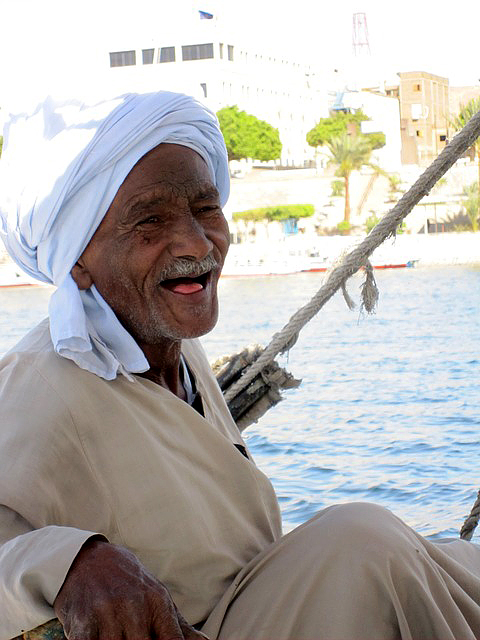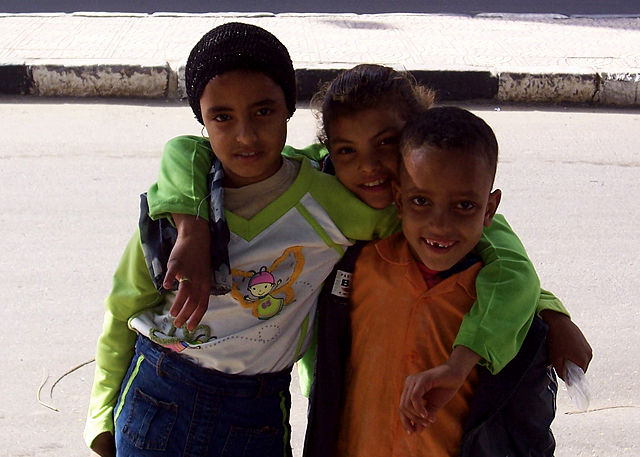A group of volunteers in Egypt is beginning to compile a dictionary of the Nubian language in order to save it from going extinct.

According to an article published last week in The Arab Weekly, the volunteers, calling themselves the Koma Waidi initiative, Nubian for “Tales of the Past,” have published a pamphlet describing 230 Nubian words. The article quotes Hafsa Amberkab, one of the volunteers, as emphasizing the importance of saving the language before it is completely forgotten. With every death of an elderly Nubian, more bits of the language are forgotten. “This great language sustains a new loss every day,” says Amberkab.
When many Egyptian Nubians were relocated to other communities in the 1960s due to the construction of the Aswan Dam, they left behind in their abandoned villages not only their homes but also their culture and their language. Adapting to life in cities dominated by Arabic-speaking Egyptians, a foreign language to Nubians, many focused on starting new lives. That included learning to speak the language of the majority and teaching it to the next generation.

Over the years, many young Nubians have become increasingly ignorant of the language of their society, though some elders are trying to pass it along to their children and grandchildren. The Koma Waida initiative is attempting to fill in the gap, to preserve the language spoken by living elders before it’s too late.
Volunteers such as Amberkab are traveling to villages in southern Egypt and seeking out people who are willing to be recorded and filmed speaking their native Nubian. The volunteers then take the videos to scholars who translate the words into Arabic, English and Spanish. “It was very useful documenting these words before they are either forgotten or dead with the people who can still speak them,” Amberkab said.

It took several weeks for the volunteers to collect the data and produce the booklet. They hope it will be the first step in producing a dictionary of the Nubian language. According to Mustafa Abdel Qadir, an expert in Nubian culture, the language is really “only alive in the minds of those who lived in Nubia before the construction of the High Dam.” Many words and terms have already died as the people who used them have passed on.
Fatma Ghadar, another volunteer, expressed the fear that some day the Nubian language will only be a thing of the past. That is what motivates the self-funded volunteers to continue their work. “New generations of Nubians can learn this language only when it is documented,” says Ghadar. The volunteers tell The Arab Weekly that losing the Nubian language would be a major loss for humanity.